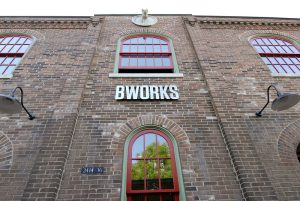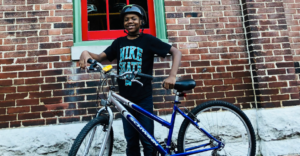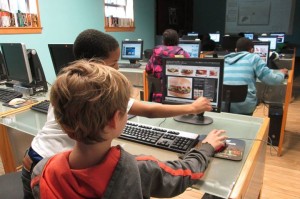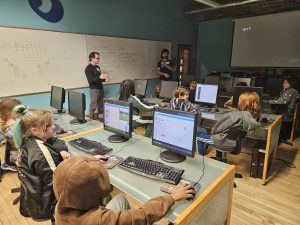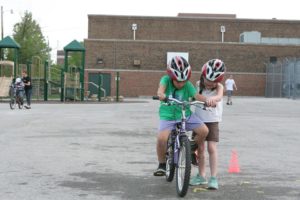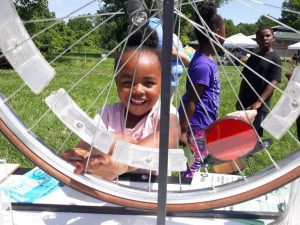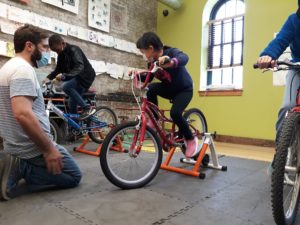
It is important to us that everyone understands how we got to this point. So that we might better understand the process for the future.
When the COVID-19 pandemic first struck, a decline in drivers commuting led to empty roads and cleaner air in many of our major cities around the world. Most in the cycling and pedestrian advocacy world saw this as an opportunity to show by example how things could be made better for pedestrians/cyclists and the community. Temporary street closures put in place allowed restaurants to bring tables onto streets to provide better social distancing. Park road closures and restricting of specific streets gave users, both big and small, more space to spread out while being outside. All of this was in demand as parks and other outdoor spaces gave refuge to everyone needing a break.
Unfortunately, as fast as new opportunities to modify how these spaces were used came, they started to disappear. Less drivers also created open race tracks through our cities and neighborhoods. Pedestrian fatalities went through the roof while cities tried to control the problem.
Listening to the Alermadic meetings has become a Friday tradition. Listening to understand how things work, who is working on what and opportunities might be in the pipeline. This assists St.Louis BWorks and students on different levels. In 2020, we noticed a terrifying trend as so many meetings went virtual. People in these meetings were driving down streets while interacting with others over video calls.
Missouri is one of two states that has no real prohibition of these acts. Thanks to inaction by state legislators, you can pretty much do whatever you like on a mobile device while operating a vehicle and it’s perfectly legal although statistics show it’s more deadly than drunk driving.
In 2009, Senator McKenna introduced a bill that would ban electronic device use and texting while driving for all drivers in Missouri. By the time it was passed, the bill only covered those 21 and younger operating a vehicle. The other thing this bill did was preempted legislation in this area — meaning that cities and counties can’t pass anything stricter than what the state has passed. So we wait, and wait and wait. EVERY YEAR SINCE, some version of a bill banning handheld phone use while driving has been introduced. Every year since it has been passed by for supposedly more important matters. More important than human lives.
We started asking various local officials for help addressing video calls while driving. Could someone just mention at an Aldermanic meeting that this was dangerous? From peer to peer, a rule change, any discussion.
Multiple individuals publicly came forward to denounce the practice as dangerous, but emails quickly turned into all the reasons nothing could happen. Some said we should wait for the state to change the laws, others said just wait for the in person meetings to restart and yet others said the Alderpeople as a whole would not agree to pass such a change in rules, it looks like they might be right.
On February 18, almost 500 days after our initial requests to address this small issue, the rule change was sent to committee.
At the end of the day, We believe that we can all agree that driving and using a phone is dangerous. I hope that we can continue this discussion pertaining to road safety that can not be simply ignored at local or state level. We look forward to seeing this discussion at the committee level move quickly forward.
Patrick Van Der Tuin
Executive Director
